Since the introduction of the Disability Act in 05, Irish Building Regulations have been revised with Universal Design in mind The technical requirements of Part M 10 of the Building Regulations now focus on ensuring that adequate provision shall be made for all people to access and use a building, its facilities and its environsAssembly buildings, such as sports stadia, arenas, theatres, cinemas, etc, it should conform to the guidance in Part K Protection from falling, collision and impact However, where steps are part of the gangways serving areas for spectators or there needs toThere is no minimum width stipulated for a domestic staircase within part K of the building regulations However, it is generally accepted that on a main staircase, going up to the first floor serving multiple rooms should be no less than 800mm, however, we would recommend 850mm to 950mm as this allows more space to get things up the stairs

Building Regulations For Residential Staircases Spiral Uk
Part k building regs ireland
Part k building regs ireland-Ireland's Building Regulations are changing In 18, a public consultation on the Building Regulations Part L (Conservation of Fuel and Energy) was announced and the changes were adopted to take effect 1st November 19 These changes will lower the Uvalue requirements for many building elementsPart of a set of official documents that support the technical parts of the building regulations Part K focuses on stairs, ladders and ramps, vehicle barriers and loading bays, protection against impact with glazing, additional provisions for glazing in buildings other than dwellings, protection against impact from trapping by doors
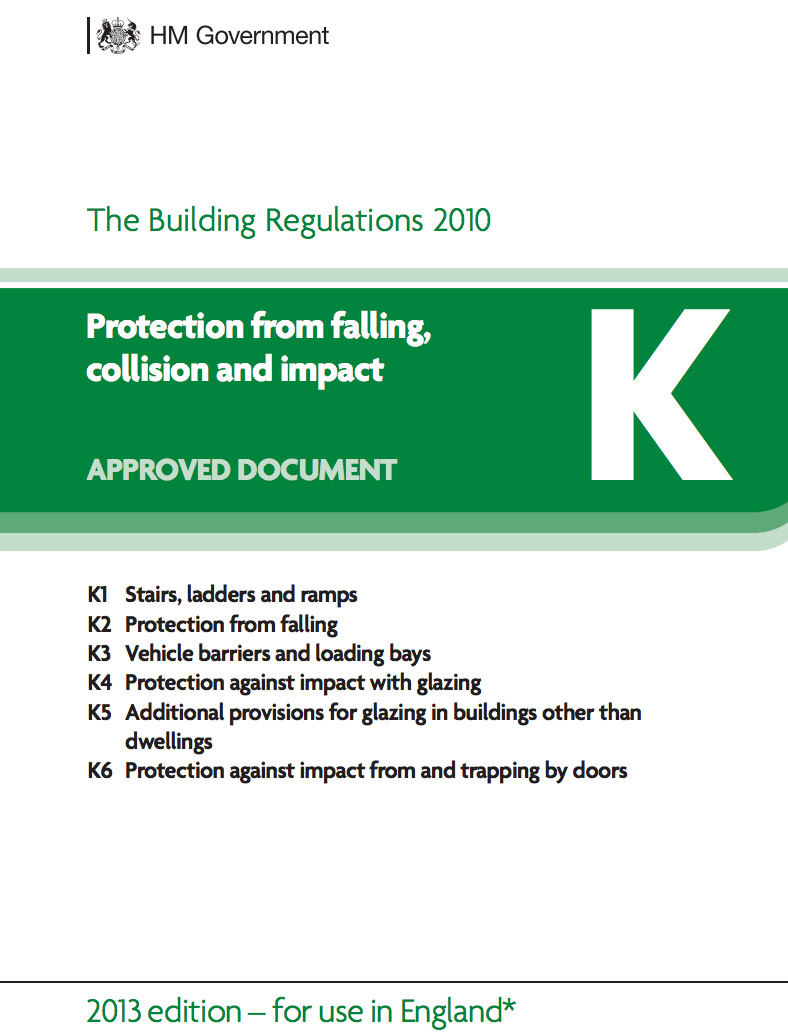


Tkstairs Advise On Domestic Building Regulations
Current Technical Booklets Technical Booklets allow the department to set certain standards of performance and if the guidance in a Technical Booklet is followed there will be a presumption of compliance with the requirements of those building regulations covered by that guidanceThe Building Regulations UK app is a Division of Building Compliance Ltd one of UK and Ireland's leading information services on the Building Regulations Our mission is to provide everyone in the Building Industry with the information they need to ensure all buildings are built to the highest standards while meeting the minimum requirements of the Building RegulationsAmendments to Part F (Ventilation) of the Second Schedule to the Building Regulations 1997 – 18 (SI No 263 of 19) set effective standards of ventilation and support the measures introduced in Part L Regulations 17 European Union (Energy Performance of Buildings) Regulations 19 (SI No 538 of 17 (link is external) and SI No 1 of 19 (link is external))
4/04/17 · Building regulations guidance part K (protection from falling, collision and impact) Guidance for contractors on the correct design and installation of stairs, ramps and barriersPart L of the Building Regulations for England and Wales (Conservation of fuel and power) and Section Six (energy) of the Scottish Standards set the levels of thermal insulation required when carrying out building work, either for new build or refurbishment projects These are expressed as a Uvalue which needs to be achievedThe CIF's Building Regulations training course is a detailed programme covering the building regulations since they were updated in March 14 The CIF programme is the only accredited Building Regulations course offered in Ireland Part K
· Porches are exempt from the Regulations, providing thermal separation is retained between the porch and the rest of the dwelling, they are built at ground level and provide protection to an access door to a building and have an external door or an opening to the external air, the buildings heating or cooling system is not extended into it, a fixed combustion appliance or cooling appliance is not installed, they have a floor area less than 5 sqm, the glazing complies with PartThis approved document supports Part K Protection from falling, collision and impact It takes effect on 6 April 13 for use in England* The 1998 edition (incorporating 00 and 10 Regulation 5 defines a 'material change of use' in which a building or part of a building that was(1) Architects on register pursuant to Part 3 of the Building Control Act 07 or (2) Building Surveyors on register pursuant to Part 3 of the Building Control Act 07 or (3) Chartered Engineers on register pursuant to Section 7 of the Institution of Civil Engineers of Ireland (Charter Amendment) Act 1969 and



Building Regulations For Stairs In Ireland George Quinn Stair Parts Plus
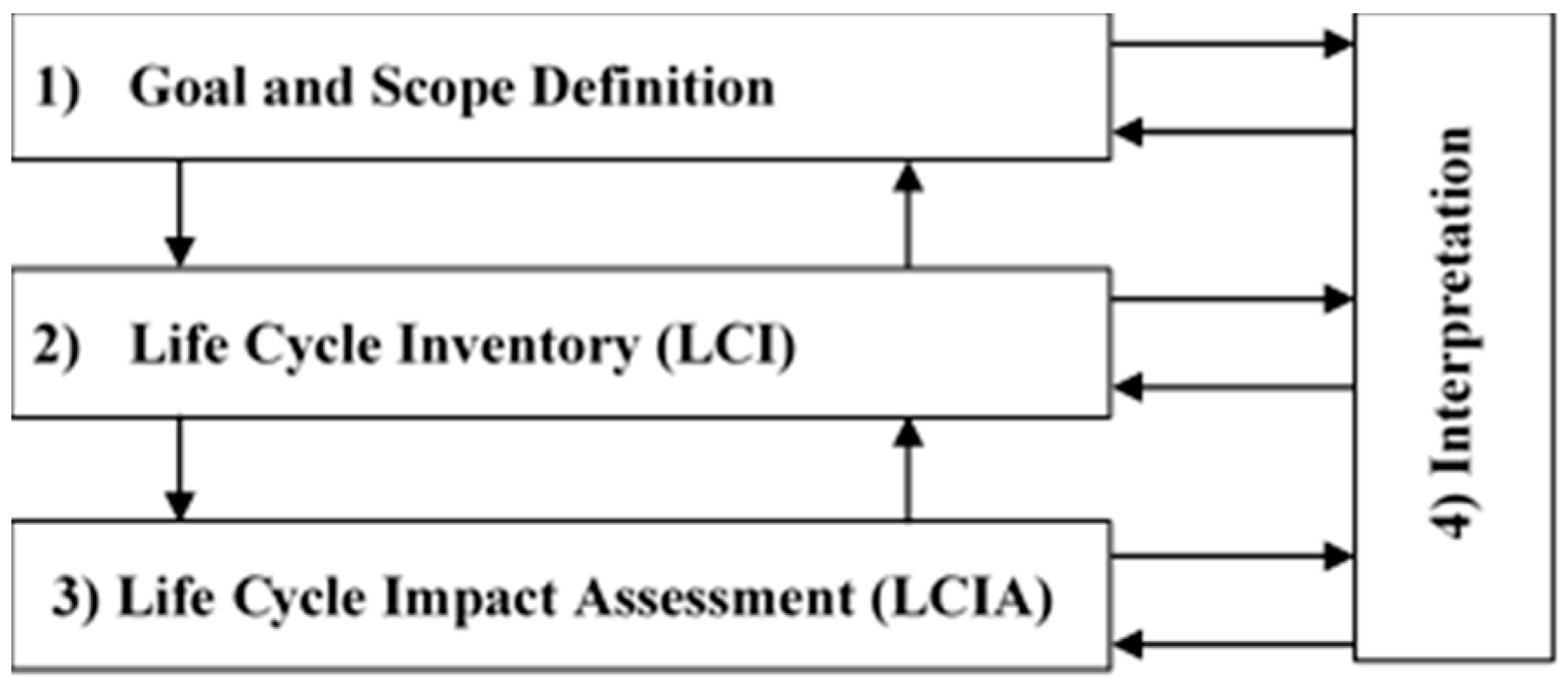


Sustainability Free Full Text Application Of Life Cycle Energy Assessment In Residential Buildings A Critical Review Of Recent Trends Html
1/11/19 · NZEB A Nearly Zero Energy Building is one with a very high energy performance and one that gets the very low amount of energy it still requires mostly from renewable sources, on site or nearby DEAP The Dwelling Energy Assessment Procedure (DEAP) is the software you can use to demonstrate compliance with TGD Part L, and it was developed by the Sustainable Energy Authority of Ireland(e) "temporary building" has the same meaning as in Class 3 ofBuilding (Amendment) Regulations SCHEDULE c SD No /0042 Page 7 (d) "standalone building" means a building entirely detached from any other building;



White Knight Eco 86a Installation And Service Instructions Manual Pdf Download Manualslib
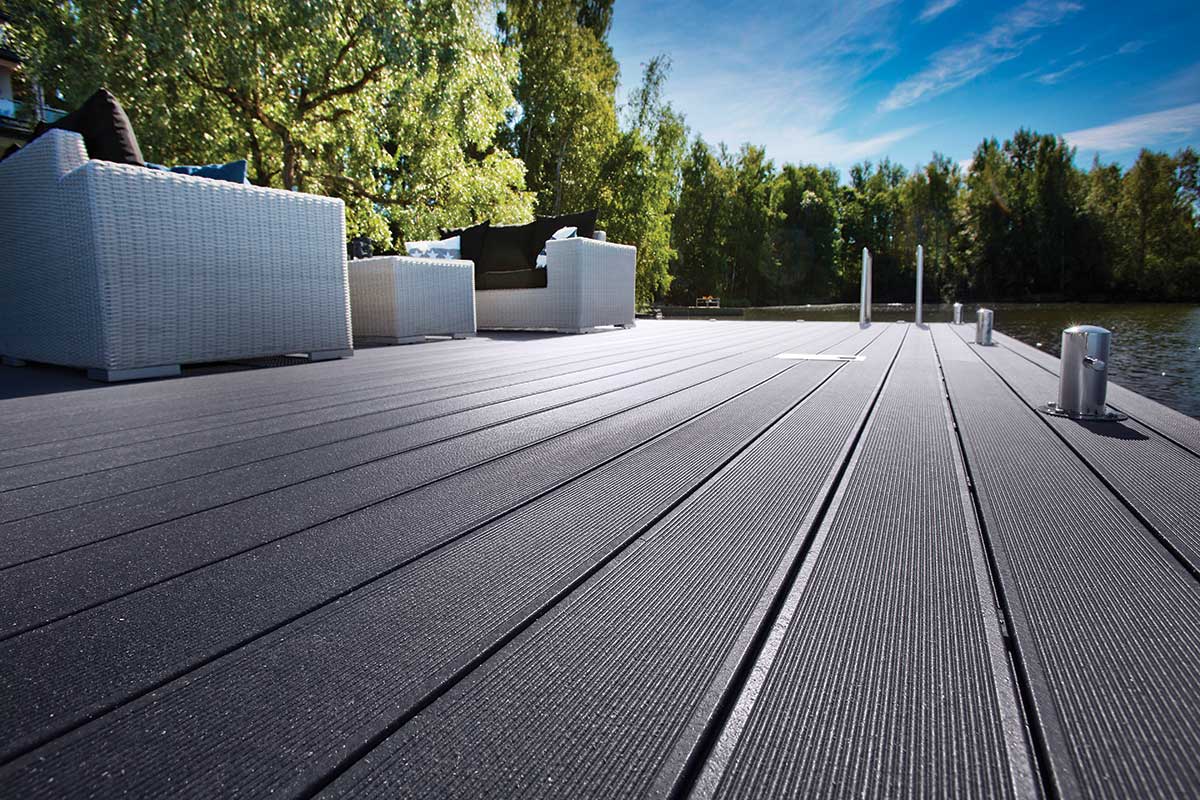


Bored With Your Boards
Welcome to the technical guidance page for Part K of the building regulations which provides for the safety of stairs, guarding, and glazing within and around buildings Approved Document K can be downloaded below, with additional guidance below that Part K Protection from falling, collision and impactBuilding Regulations are a set of legal requirements for the design and construction of new buildings, extensions and material alterations to and certain changes of use of existing buildings The primary purpose of the Building Regulations is to provide for good building practice in the interests of health, safety and welfare of people using buildingsMinister Simon Coveney has recently signed the Statutory Instrument, SI No 57 of 17 Building Regulations (part B Amendment) Regulations 17, which will come into operation on the 1st of July 17 These regulations amend the existing Part B regulations, by introducing regulations B6 – B11 to Part B of the Second Schedule of the Building
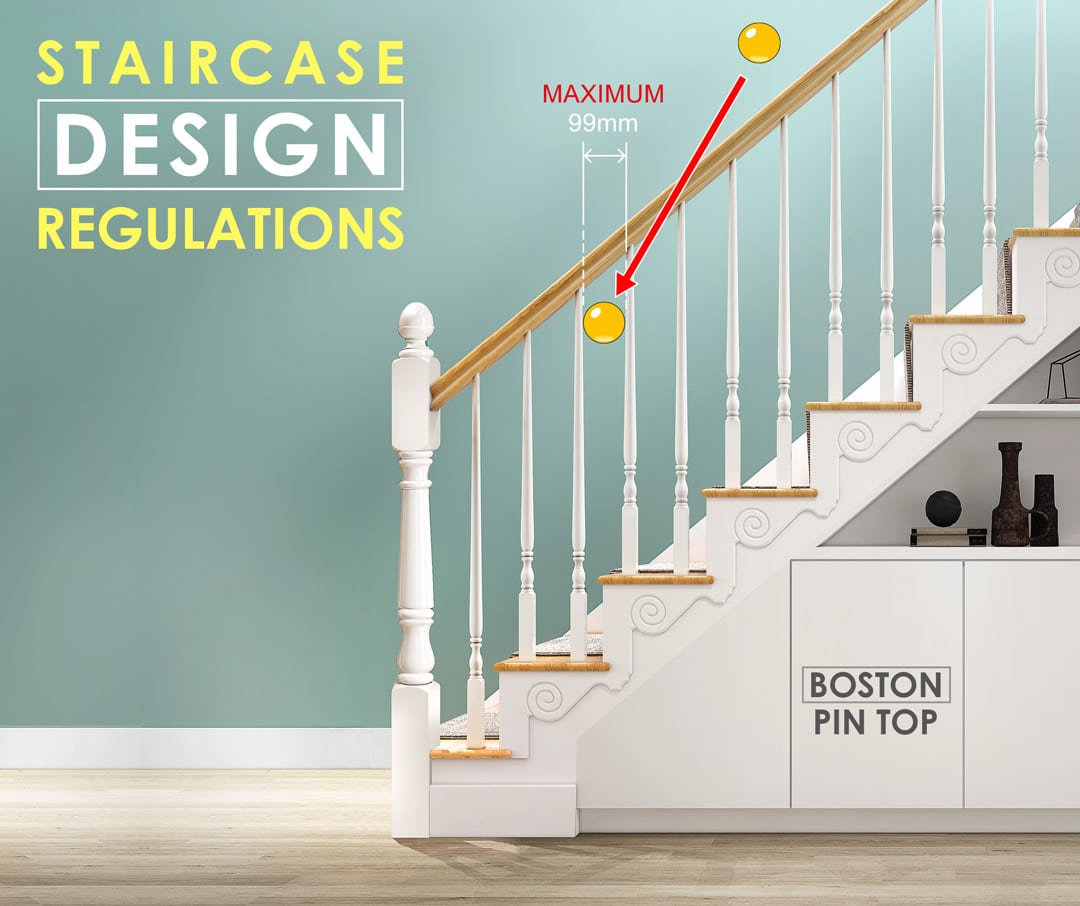


Building Regulations For Stairs In Ireland George Quinn Stair Parts Plus



Postal Addresses In The Republic Of Ireland Wikipedia
Approved Document K (Protection from falling collision and impact) 7 The Requirements 8 Section 0 General guidance 11 Performance 11 Where the requirements apply 11 Application of Part M 11 Extensions of nondomestic buildings 11 Material alterations of nondomestic buildings 12 Material changes of use 12 Car parking and setting down 12Building Control Regulations 1997 – 13 This applies to new buildings, extensions, material alterations and changes of use of buildings Their purpose is to promote observance of the Regulations by supplementing the basic powers of inspection and enforcement given to Building Control Authorities by different sections of the Building Control Act, 1990These Regulations revoke and replace, with amendments, the Building Regulations (Northern Ireland) 00 and all subsequent amending Regulations ("the 00 Regulations") They impose certain functional or performance requirements in relation to —the construction of any building and to certain services and fittings in conjunction with any building;the structural alteration or



Registration Online Amherst Pelham Regional Public Schools



Building Regulations For Residential Staircases Spiral Uk
Part K Building Regulations The width of stairs Private stairs should have a width of no less than 800mm With semipublic or public stairs, the designers have to be complacent about other regulations as well, including a "means of escape" that has to pass fire safety regulations, as well as providing access to ambulant disabled peoplePart K Regulations 6 Guidance P erforman ce and introduction toprovisions 8 Section1 G eneral 10 Definitions 10 Ireland) 12 (the Bui lding R egulations) building, and asa resultoftheactivitiesofthe building'soccupantsT heWe at Building Regulations Ireland & UK are passionate about safety and ensuring that building are built correctly The initial idea of the Building Regulation Ireland and UK was developed in 14 'The Building Regulations App is the brain child of Eoghain Ryan, who as a Fire Engineer saw the need to have the Building Regulations in the palm of your hand when on site visits



Oral Abstracts Of The 10th Ias Conference On Hiv Science 21 24 July 19 Mexico City Mexico 19 Journal Of The International Aids Society Wiley Online Library



Ferencvarosi Tc Wikipedia
The aim of the building regulations is to provide for the safety and welfare of people in and about buildings The building regulations apply to the design and construction of a new building (including a dwelling) or an extension to an existing building The minimum performance requirements that a building must achieve are set out in the secondIreland has no national standards or codes of practice of its own covering Building Accessibility or Fire Safety in Buildings Instead, many people and organizations in this country will just switch to automatic pilot and – without thinking or questioning – adopt the following two standards of another jurisdiction as the default Irish National Standards · Building regulations are technically under constant review by the DCLG (and are currently being urgently reviewed in light of Grenfell Tower fire)As following this fatal fire in London in June 17, there is industry wide concern over fire safety issues with many other buildings citation neededInappropriate combustible material combinations have been found on a broad



Worldwide Building Height Gaps Their Determinants And Their Implications Vox Cepr Policy Portal
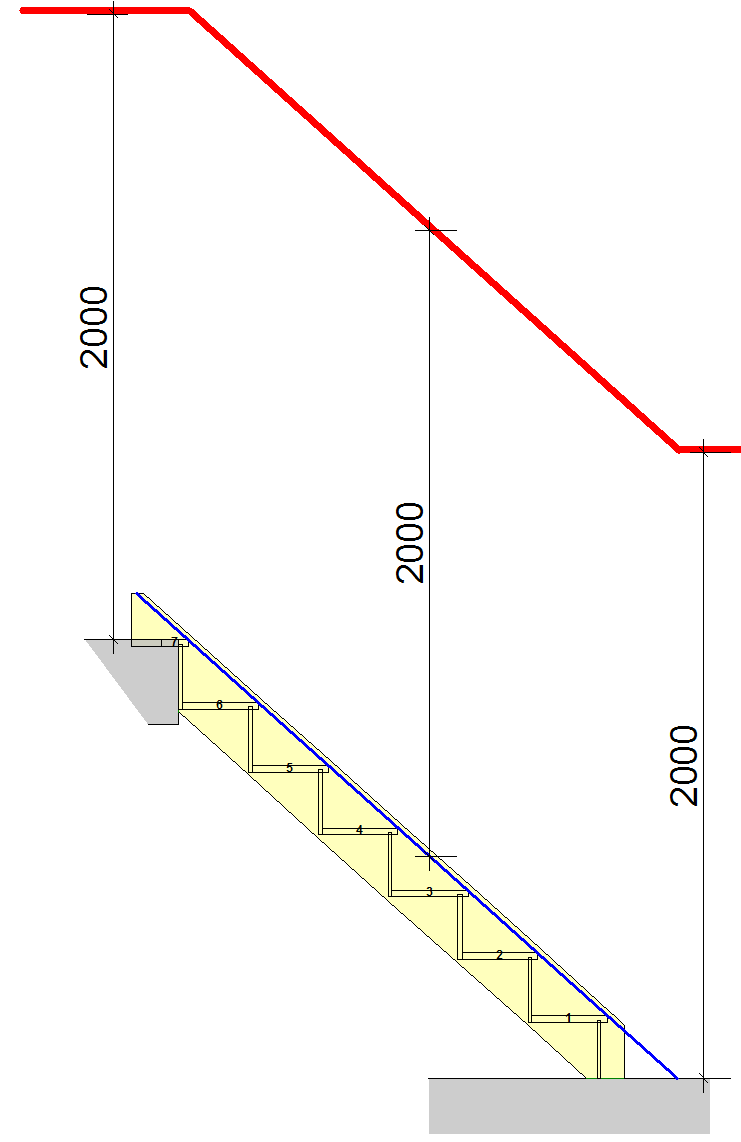


Tkstairs Advise On Domestic Building Regulations
Part K The Requirement Part K of the Second Schedule to the Building Regulations 1997 to 14 provides as follows This Technical Guidance Document is divided into two sections Section 1 relates to the Requirement K1 and is divided into two parts Subsection 11 deals with stairways and ladders and subsection 12 deals with rampsWe are committed to protecting people & the environment by providing high quality customer focused services that ensure building projects comply with building regulations within Northern Ireland10 Rialtas na hÉireann Government of Ireland Main changes TGD L Appendix E –11 vs 19 6 example dwellings including apartments HP, Gas PV, NV, CMEV, MVHR In semidetached example, PV increases from 79m2 to 863m2 with gas boiler In semidetached example, double glazing of 14 W/m2K changes to triple glazing 09 W/m2K



Glass Balustrade Regs Pilinkington Stairs Door
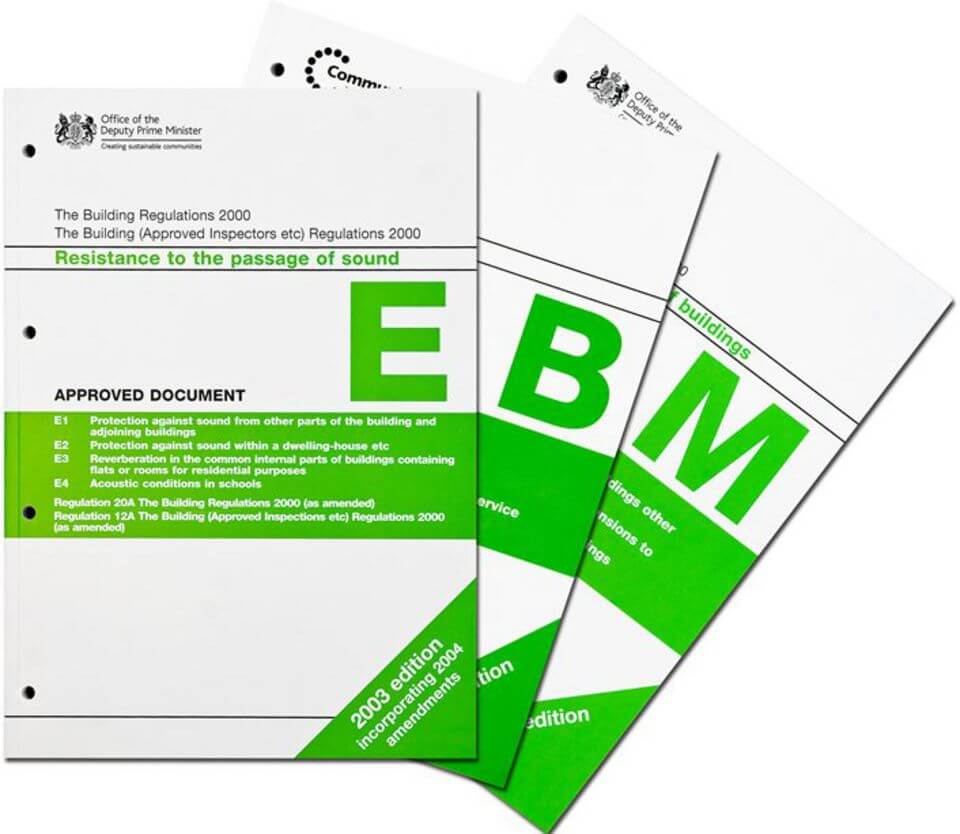


Building Regulations Electricity Structure Fire And More Planning Geek
Wall 27 W/m K W/m K Glazing 222 W/m K 1 W/m 2 K 025 (Glass and Frame) Roof 022 W/m 2 K 016 W/m 2 K Ground/ 25 W/m K 0 W/m 2 K Exposed Floor i ii 3 Holtkoetter Irish building regulations part L Published by ARROW@TU Dublin, 17The Building Regulations Ireland app is a Division of Building Compliance Ltd one of Ireland's leading information services on the Building Regulations Our mission is to provide everyone in the Building Industry with the information they need to ensure all buildings are built to the highest standards while meeting the minimum requirements of the Building Regulations01 This approved document gives guidance on how to comply with Parts K1, K2, K3, K4, K51, K52, K53, K54 and K6 of the Building Regulations It contains the following sections Section 1 Guidance on aspects of the geometry of stairs, special stairs, fixed ladders and handrails for and guarding of stairs
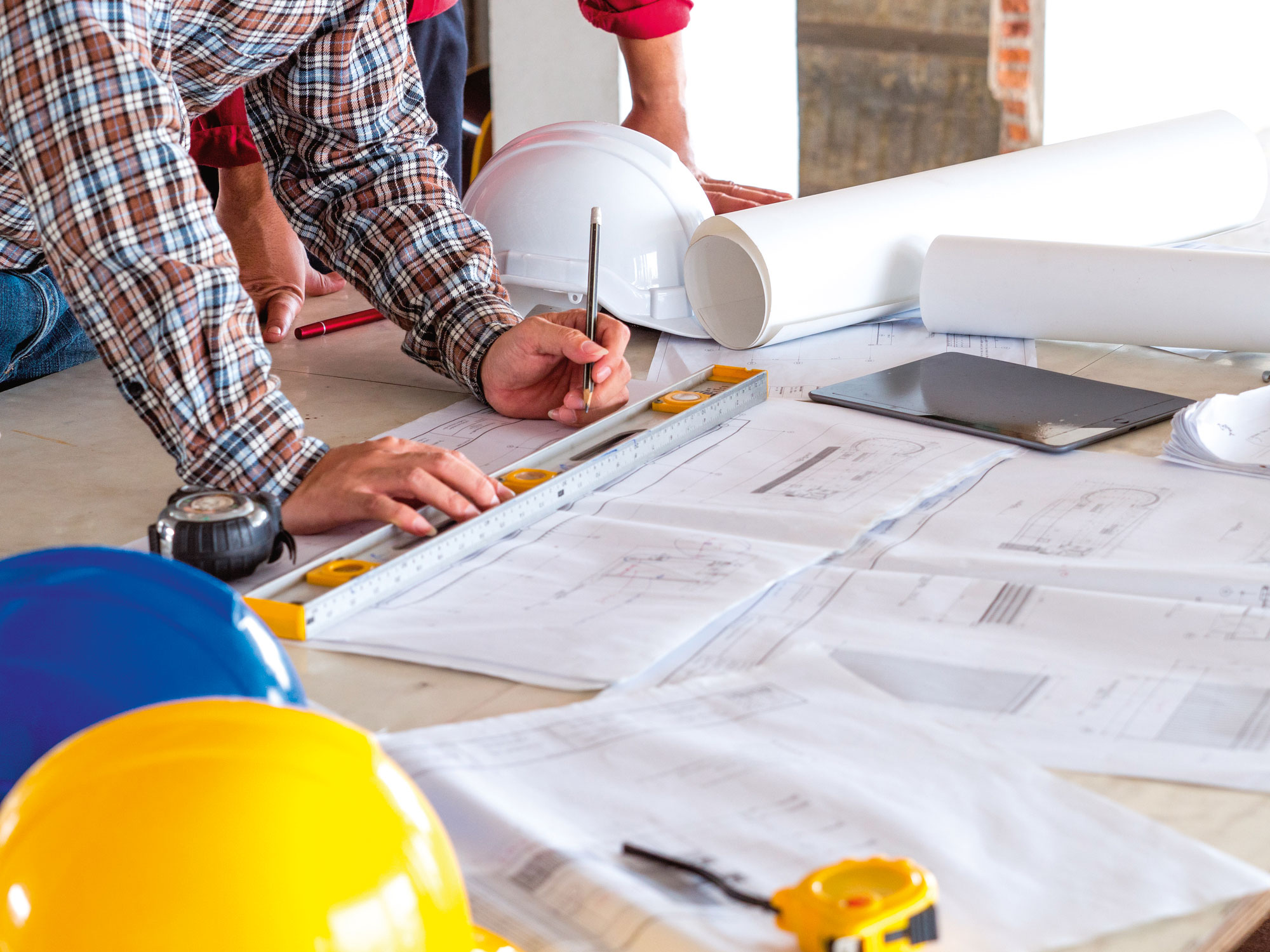


Guide To Building Regulations In The Uk Build It



Selfbuild Summer 17 By Selfbuild Ireland Ltd Issuu
Details of Part K (Approved Document K) of the Building Regulations 10 amendments Approved Document K Protection from falling, collision and impact (1998 edition incorporating 00 and 10 amendments) (PDF 132 Mb) This version incorporates amendments made to reflect any changes arising as a result of the Building Regulations 101/03/16 · The document that contains these regulations is Part K from the Building regulations, Protection from falling, collision and impact The part about Stairs, ladders and ramps is contained in Part K1 of the document We will focus our attention on this · Guidance on moisture and keeping the weather out is given in Part 2 of essential building regulations in Ireland If you are planning to go well beyond the regulatory minimum, as we suggest you should be, do review the further guidance at the end of UK regs Part 1



Tkstairs Advise On Domestic Building Regulations
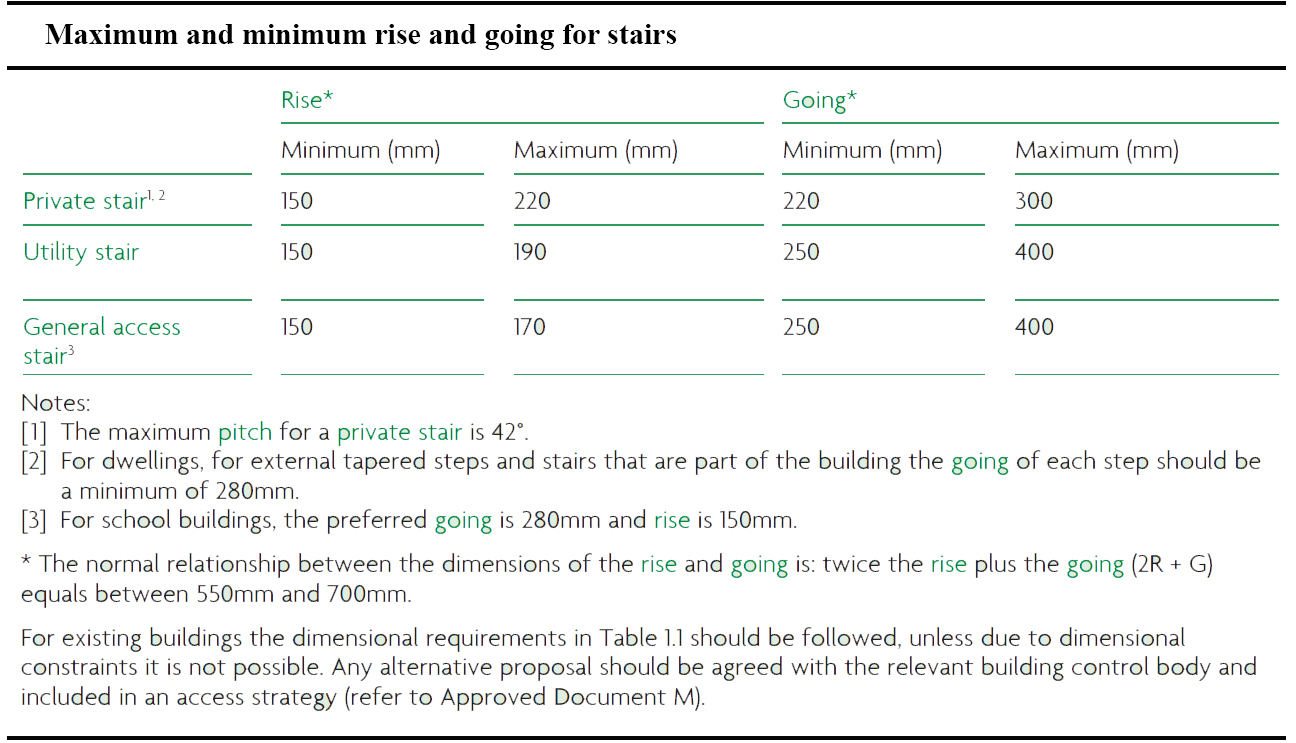


Building Regulations Stairs George Quinn Stair Parts Plus
Stairs and ramps K1 Stairs, ladders and ramps shall offer safety to users moving between levels of the building 1 The requirements of this Part apply only to stairs, ladders and ramps which form part of the building 2Protection from falling, collision and impact Approved Document K Building regulation in England covering the buildings users protection from falling, collision and impact in and around theSI No 305 of 1991 BUILDING CONTROL REGULATIONS, 1991 The Minister for the Environment, in exercise of the powers conferred on him by sections 6 and 18 of the Building Control Act, 1990 (No 3 of 1990), hereby makes the following Regulations— PART I Preliminary and General



Approved Document M Lrv And Visual Contrast



Pdf Ensuring That The Needs Of The End User Are Effectively Communicated Through Bim During The Building Design Stage
Section 1 sets out the minimum level of provision for the common areas of apartment buildings and their environs, and applies to new and existing buildings Section 2 provides additional guidance on the common areas of existing apartment blocks and their environs where it is not practicable to achieve the provisions set out in Section 1, and should be read in conjunction with Section 12/03/10 · Space saver stairs and the Building Regulations In England and Wales Part K of the Building Regulations specifies what you can and cannot do with staircases, in Scotland it is part 4 of the technical handbook, in Ireland it is part K of theirNew Buildings, Part F2 Compliance As with new dwellings in Northern Ireland, the main compliance target for new buildings is carbon dioxide emissions A new building has to achieve a Building Emission Rate (BER) equal to or lower than the Target Emission Rate (TER) established before the building is constructed, in order to comply
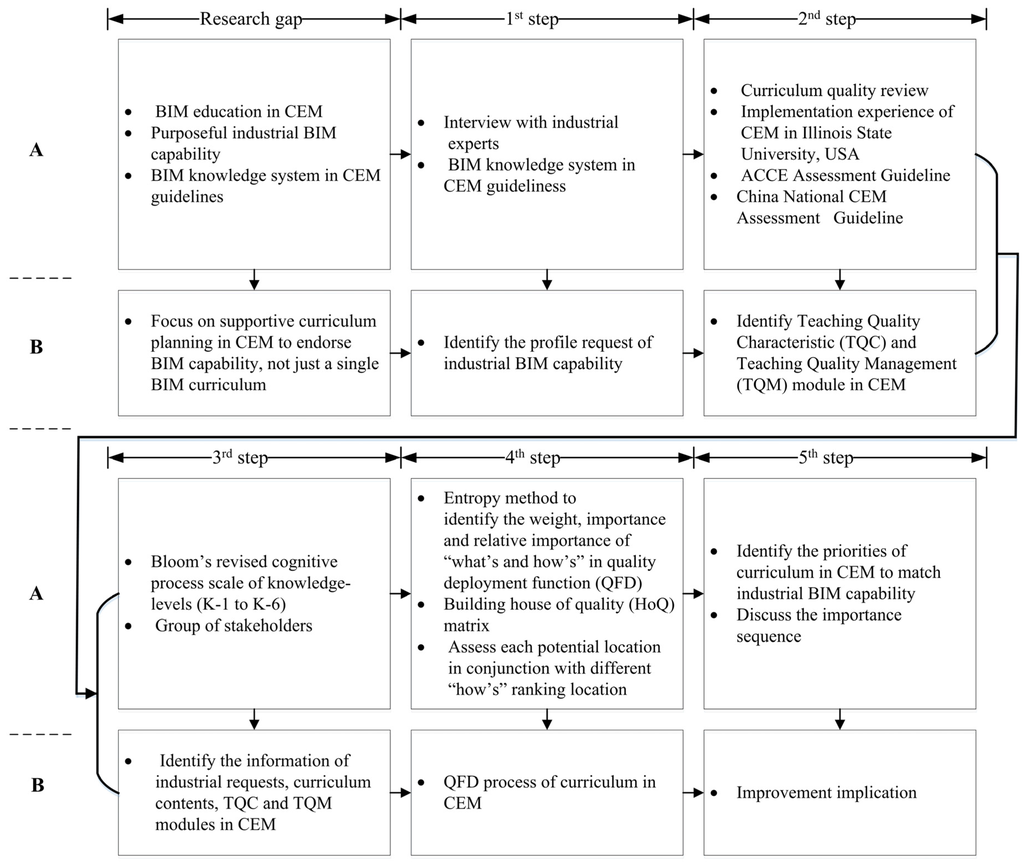


Sustainability Free Full Text Bim And Sustainability Education Incorporating Instructional Needs Into Curriculum Planning In Cem Programs Accredited By Acce Html
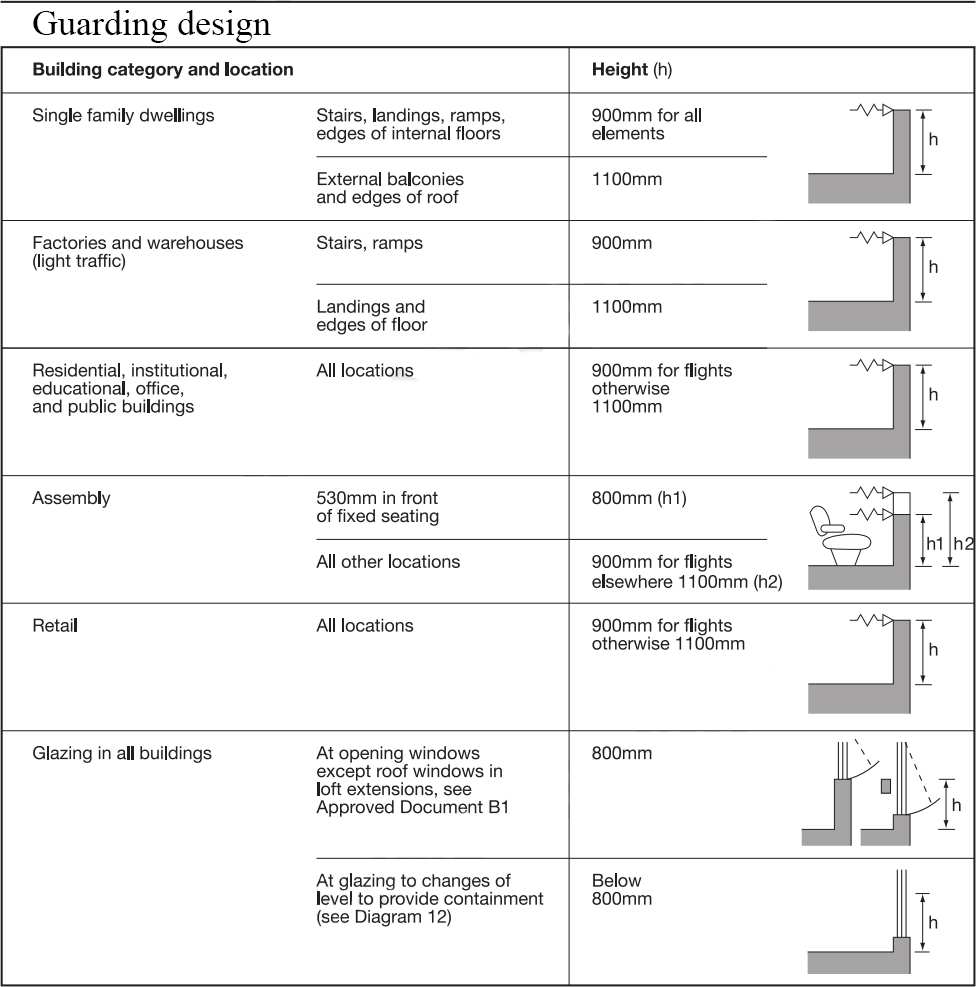


Building Regulations Stairs George Quinn Stair Parts Plus
Building Regs (K&M), BS00 and BS9266 These state that the tread should measure between 5065mm and the riser 3055mm This ensures there is a large enough 'band' on the nose of the step (Actually there is a small variance between the documents, but the consensus is now that the dimensions as shown meet the requirements)(2) The requirement of subparagraph (1) shall not apply to a wall falling within the description in subparagraph (1)(b) which separates a habitable room within a dwelling from another part of the same building if such part is used only occasionally for the inspection, maintenance or repair of the building, or of its services, fixed plant or machineryPART K STAIRS, RAMPS AND GUARDS;



Katalin Novak Katalinnovakmp Twitter
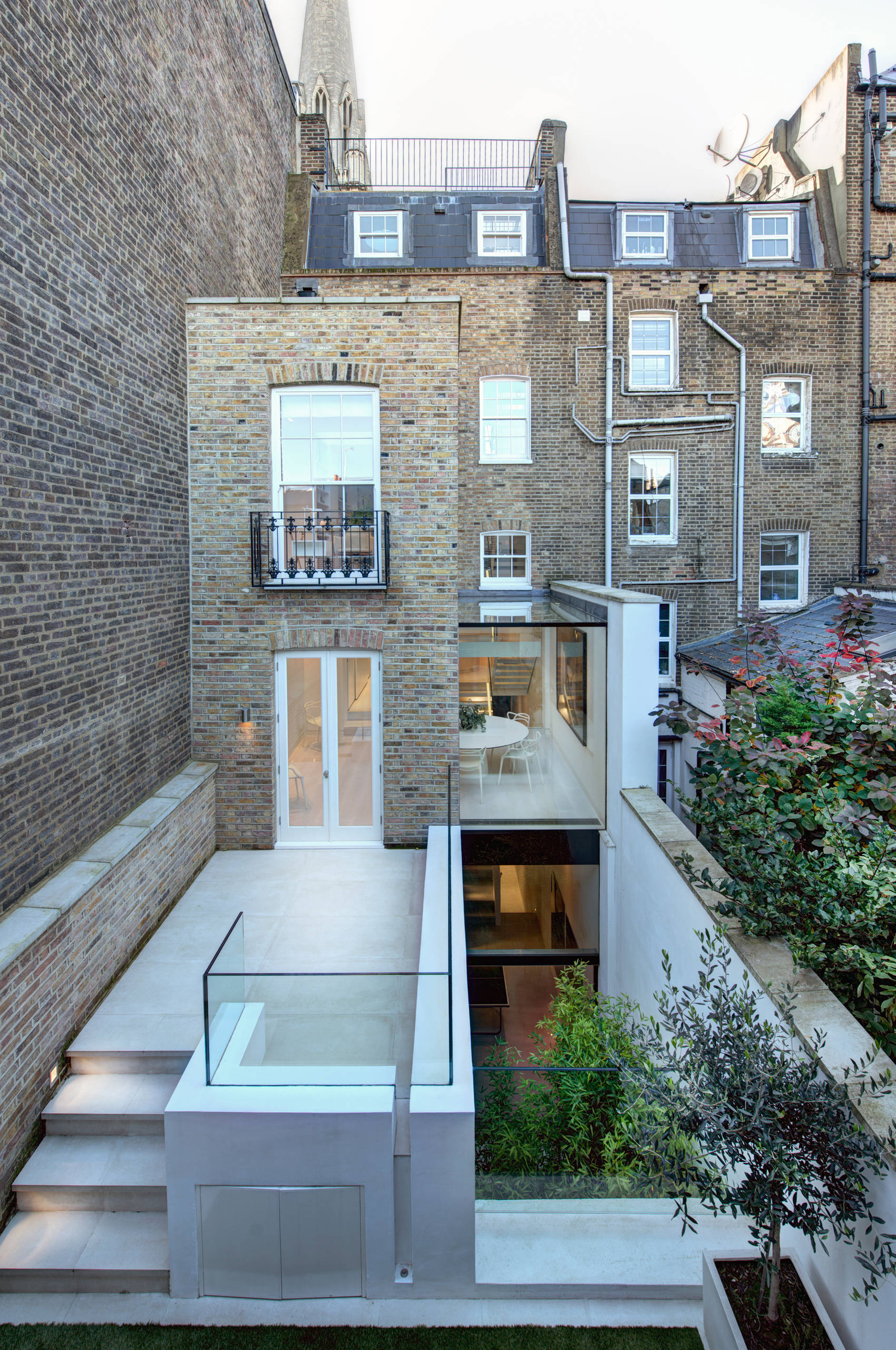


What You Need To Know About Juliet Balconies Houzz Uk
Building Regulations Part M The Building Regulations (Part M Amendment) Regulations 10 (S1 No 513 of 10) were signed by the Minister for the Environment, Heritage and Local Government on the 1st November 10 and published as a Statutory Instrument on the 5th November 10Access all the building regulations documents in an easy to use format Search across all documents, the diagram and table lists for each section make it fast to find what you need Our apps work offline so if you don't have a connection on the building site thats not a problem you can still access the information you need when you need it9/12/19 · The new Part K of the Building Regulations The new Part K of the Building Regulations will come into effect on 1 st of January 15 In general, Building Regulations apply to the construction of new buildings and to extensions and material alterations to buildings In addition, certain parts of the Regulations apply to existing buildings where a material change of



Ipcpjpbrsred4m
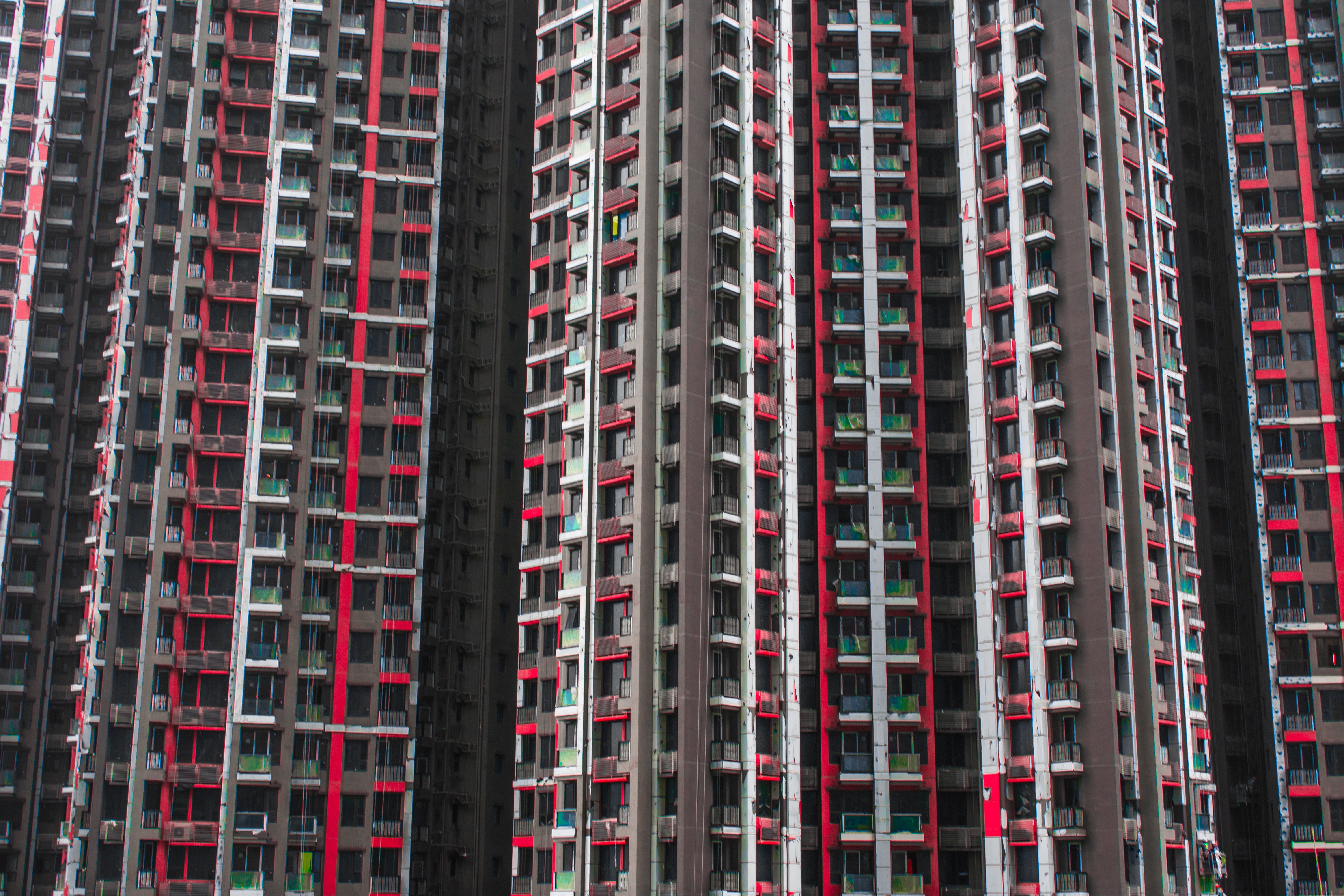


Ciat Building Regulations



Zurich Building Guarantee Building Control Warranty Solid Foundation Technical Manual 07 Edition Pdf Free Download
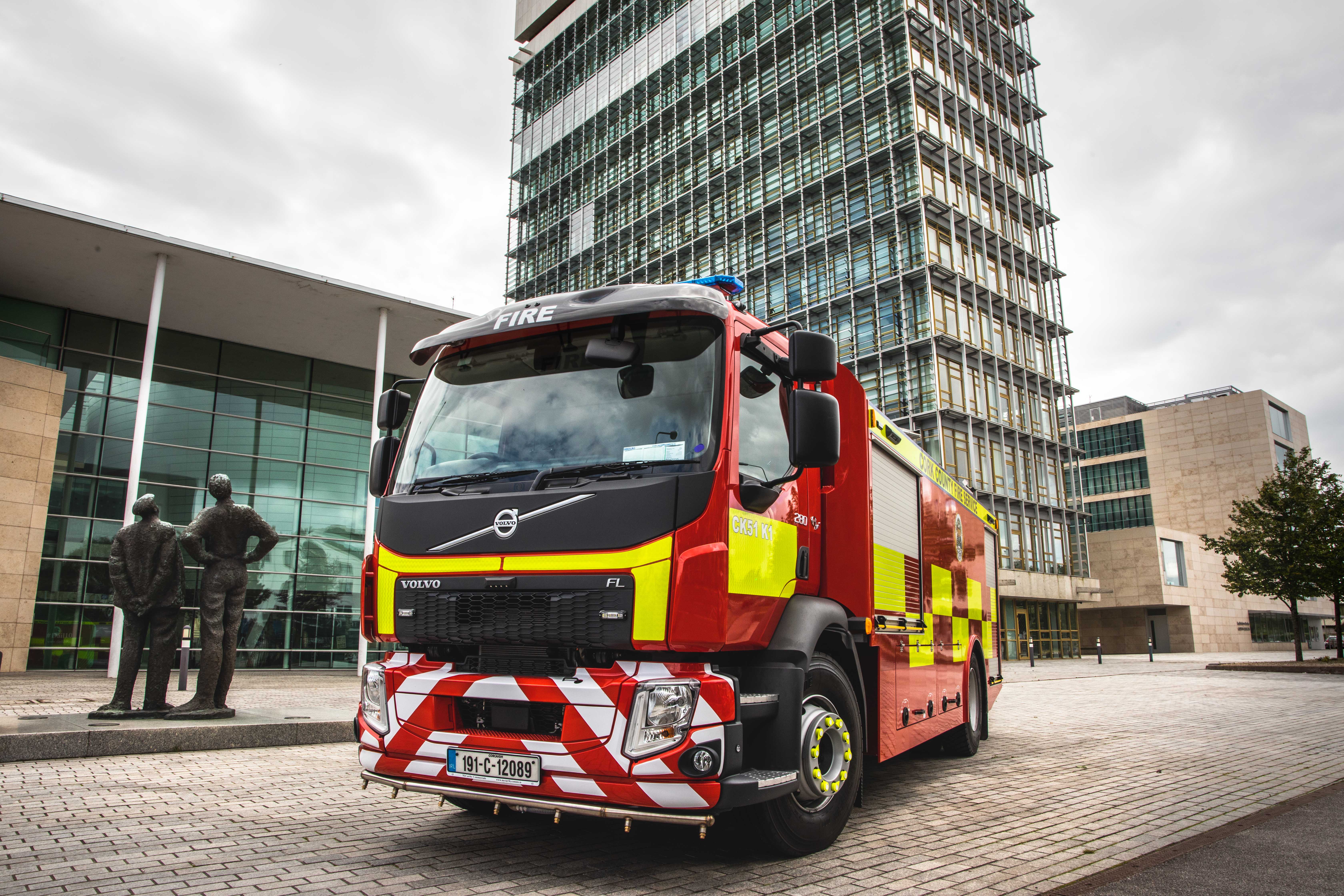


Fire Building Control Cork County



Visibly Better Designing Accessible Housing And Buildings Rnib See Differently
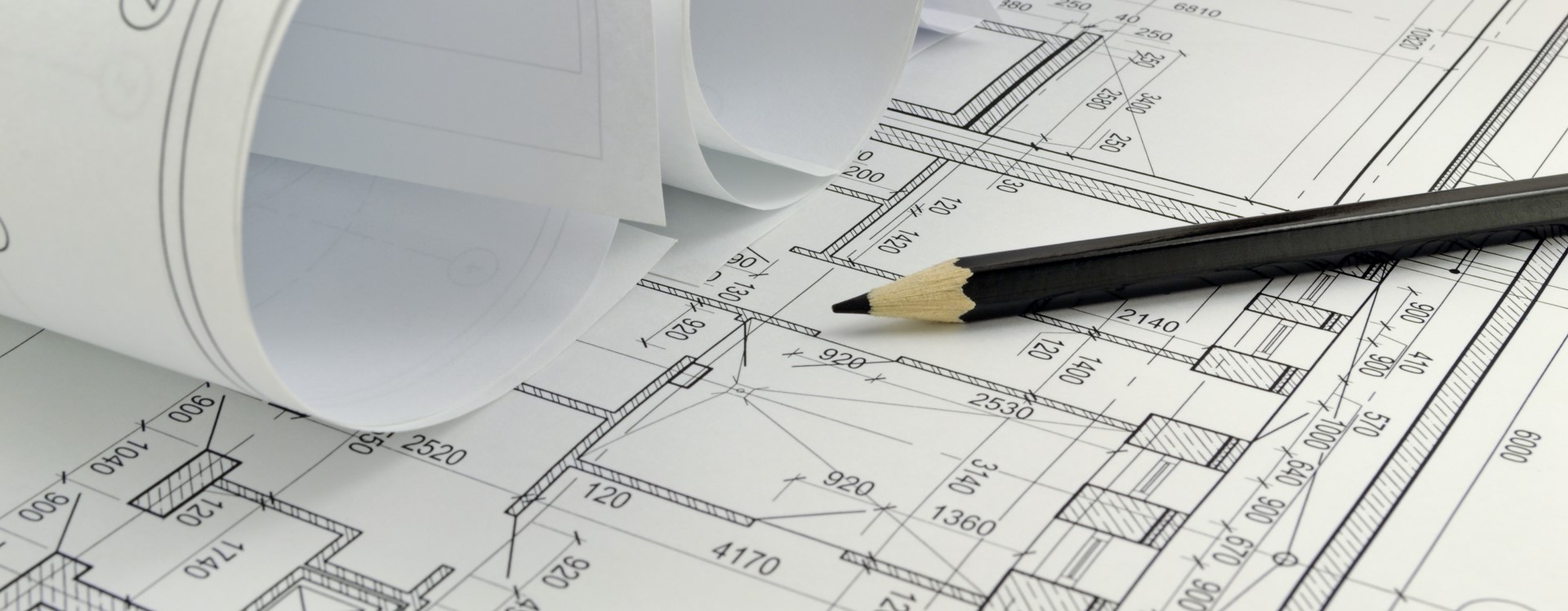


Structural Calculations For Building Control Submissions Allcott Associates



Doc M Guide How To Design A Washroom To Accommodate Grab Rails



Passive House Plus Sustainable Building Issue 29 Irl By Passive House Plus Sustainable Building Issuu
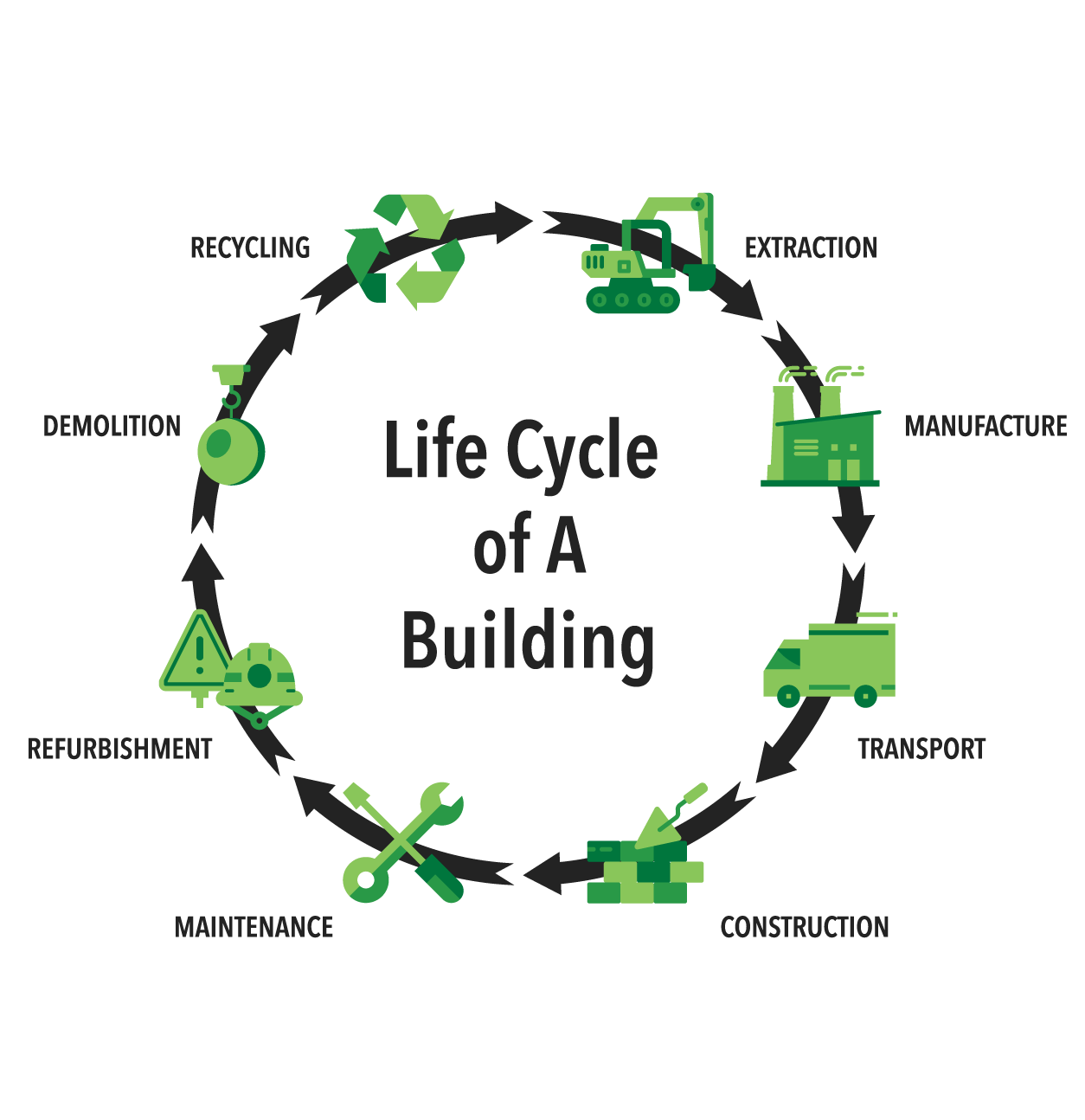


What Is Embodied Carbon Irish Green Building Council



Pdf Evaluating How Ireland Has Improved Building Regulations Compliance Andenergy Efficiency Semantic Scholar



Doc M Guide How To Design A Washroom To Accommodate Grab Rails
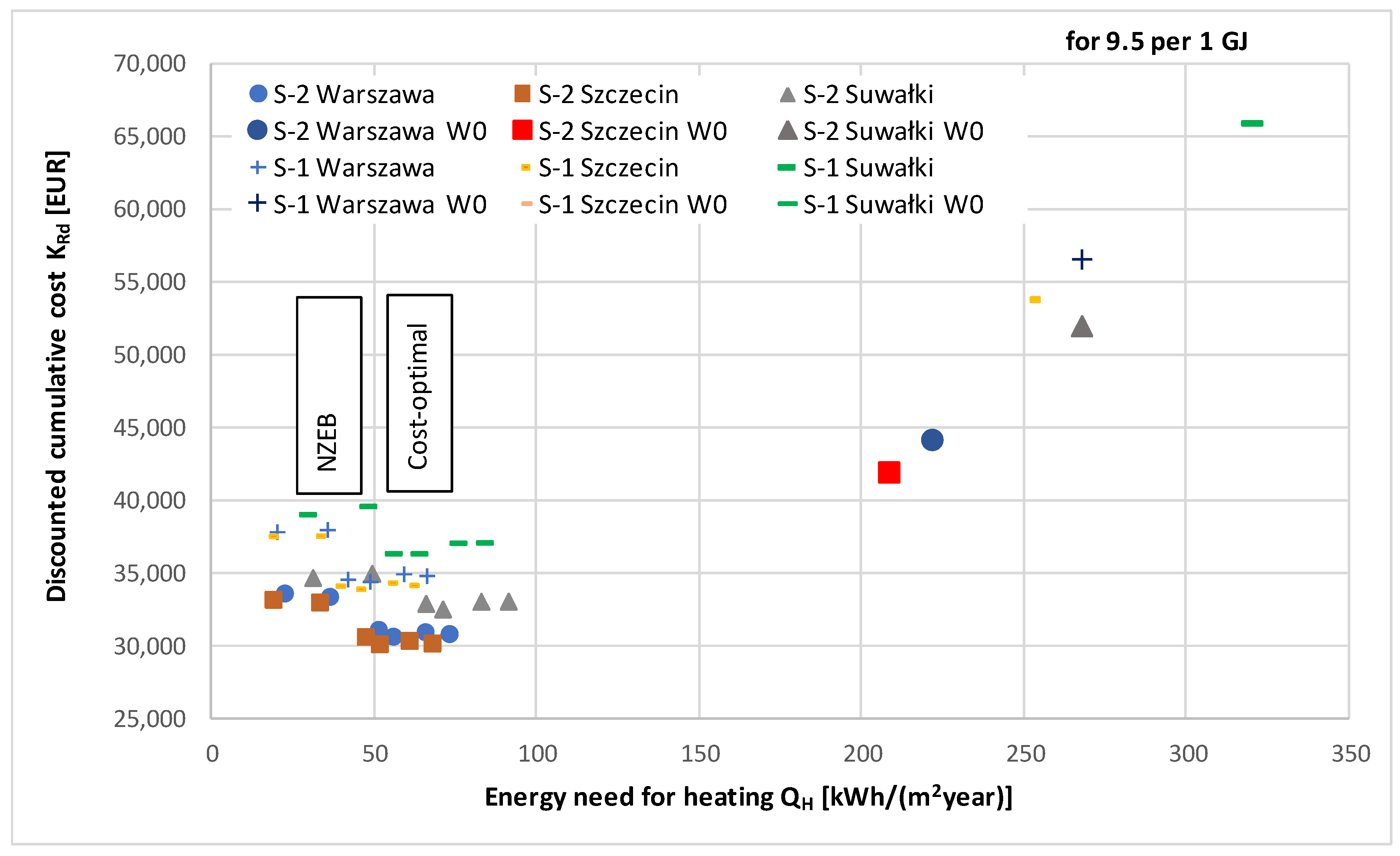


Applied Sciences Free Full Text Nzeb Renovation Definition In A Heating Dominated Climate Case Study Of Poland Html



Worldwide Building Height Gaps Their Determinants And Their Implications Vox Cepr Policy Portal



Doc M Guide How To Design A Washroom To Accommodate Grab Rails



Building Regulations Your Complete Guide Homebuilding
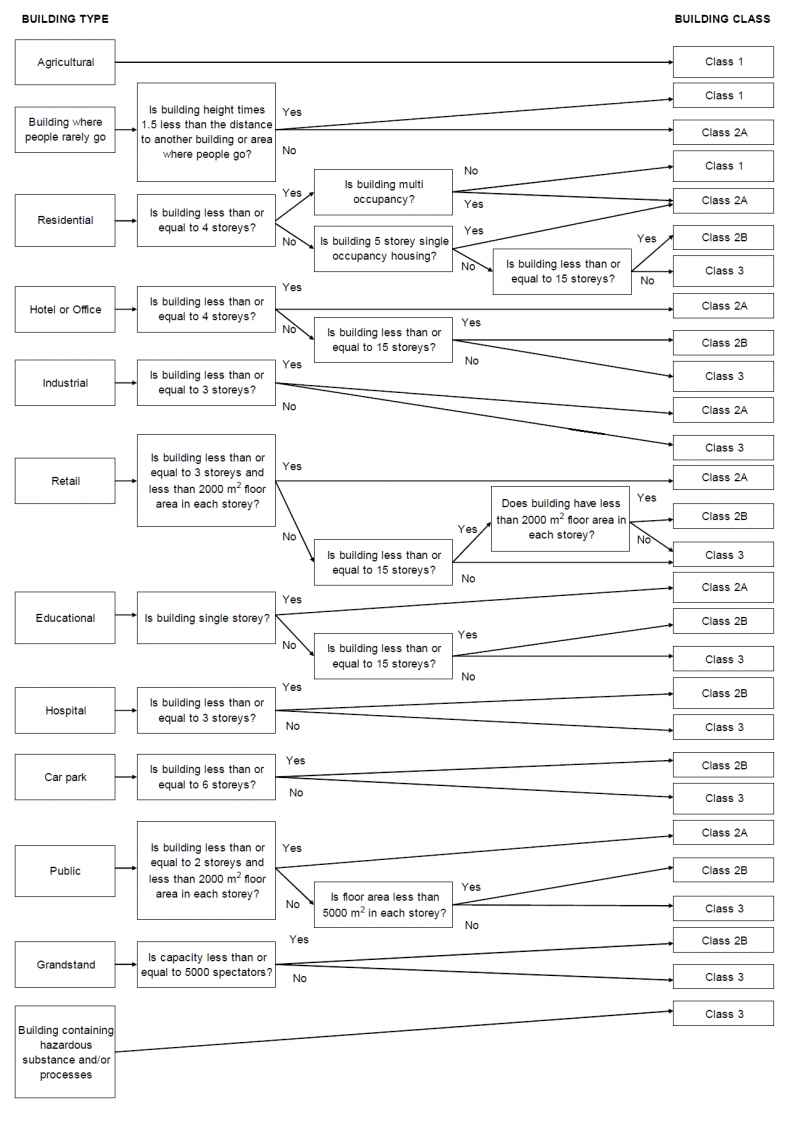


Structural Robustness Steelconstruction Info


University Of Debrecen Pharmacy Full Time Graduate Program



Third Schedule Within Referred To Law Society Of Ireland Practising Certificate Application For The Practice Year Ending 31 December Pdf Free Download



0 件のコメント:
コメントを投稿